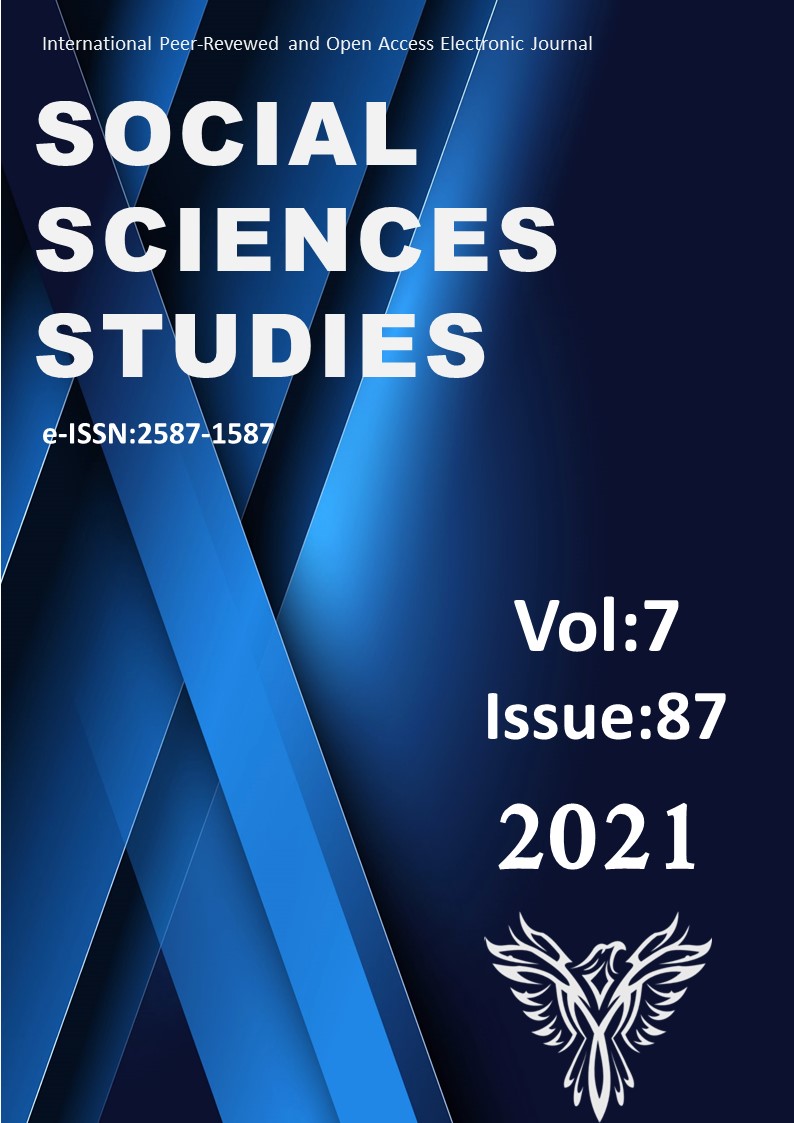Author :
Abstract
XX. yüzyılın ikinci yarısına kadar dil biliminin bir alt dalı olarak görülen çeviri bilimi günümüzde artık bağımsız bir bilim dalı olarak kabul edilmektedir. Kuramsal, betimleyici ve uygulamalı olmak üzere üç temel araştırma alanına sahip olan çeviri biliminin kuşkusuz dil biliminden özerk bir yapıya kavuşması sürecinde çeviri kuramlarının önemi yadsınamaz. Çeviri kuramları, çeviri eyleminin arka planını anlama ve çeviri yöntemlerini belirleme konusunda çevirmenlere ışık tutar ve rehberlik eder. Bu kuramlardan biri de 70’li yıllarda Katharina Reiss ve Hans J. Vermeer’in geliştirdiği Skopos Kuramıdır. Çeviri etkinliğinde erek odaklı işlevsel bir yaklaşımı öne çıkaran Skopos Kuramının çeviri eğitimindeki yeri ve öneminin değerlendirildiği bu çalışmada amaç, Skopos Kuramı çerçevesinde sınıf ortamında öğrencilere çeviri edincinin kazandırılmasıdır. Bu kapsamda, kuram pedagojik açıdan ele alınarak incelenmiş ve bir öğretim metodolojisi oluşturulmaya çalışılmıştır. Bu bağlamda, çeviri eğitiminde öğrencilerin çeviri üretme beceri ve yeterliliklerini nasıl geliştirebilecekleri, çeviri skoposlarını nasıl oluşturulabilecekleri ve öğrencilere nasıl bir eğitsel davranış biçimi kazandırılması gerektiği tartışılmış ve bu doğrultuda çeviri eğitimine yönelik genel çıkarımlarda bulunulmuştur.
Keywords
Abstract
Translation science, which was seen as a sub-branch of linguistics until the second half of the XX century, is now considered an independent branch of science. The importance of translation theories is undeniable in the process of making translation science, which has three basic research areas: theoretical, illustrative and applied, undoubtedly autonomous from linguistics. Translation theories shed light on and guide translators to understand the background of the translation action and to determine the translations methods. One of these theories is the Skopos Theory developed by Katharina Reiss and Hans J. Vermeer in the 70s. In this study, which emphasizes a functional target-oriented approach in translation activity, the place and importance of Skopos Theory in translation education is evaluated and the aim is to provide translation acquirers to learners in the classroom environment within the framework of Skopos Theory. In this context, the theory was examined from a pedagogical point of view and a teaching methodology was tried to be created. In this context, how learners can improve their skills and competencies in producing translations, how to create translation skoposes, and how to give learners an educational behavior were discussed and general inferences were made for translation education.





